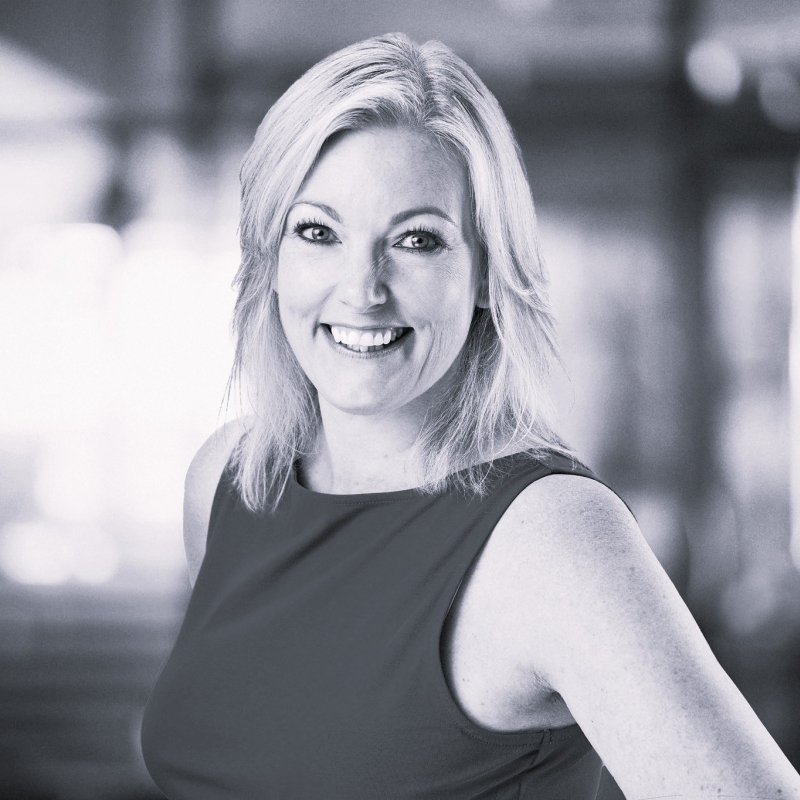From crafting brand narratives and positioning CEOs as thought leaders, to managing organisational reputations and negotiating crisis scenarios, PR is a sector where projecting confidence is key.
Yet, those same high-stake situations and complex challenges can also make it fertile ground for imposter syndrome to take hold.
The consequences can be significant, hindering the bold decision-making and the clarity of thought PR professionals need to thrive. PR professionals must identify this feeling internally and take advantage of support networks, to overcome feeling like a fraud.
What is imposter syndrome?
Imposter syndrome, by definition, is the “persistent inability to believe that one's success is deserved or has been legitimately achieved as a result of one's own efforts or skills”.
For me personally, it’s a deep-rooted feeling that my agency has been built on luck rather than by design. Whenever anyone congratulates me on my success, I genuinely don't feel worthy of the recognition and find it hard to celebrate achievements. Our growth doesn't feel earned — it feels accidental.
It's definitely something that I've experienced across my career. Although strangely, I think it has become easier over the years — mainly because I'm starting to believe in myself a little bit more with each milestone we achieve.
That said, my default response to any praise for what we've created is, 'I never set out to build an agency, it just happened', because that feels much more comfortable than saying I had a vision and ambition to create TMPR.
I also feel like I am protecting myself from any future expectations — even though deep down I do have a vision; it's something I’m hesitant to share too widely.
That’s potentially a reason why, for many, imposter syndrome grows as they become more senior. Global research from Korn Ferry on imposter syndrome found that 71% of CEOs and 65% of senior executives reported persistent self-doubt, compared to just 33% of junior professionals.
Is it imposter syndrome, or doubt?
Of course, we all doubt ourselves from time to time, particularly in a fast-paced sector like PR where there is rarely a single right answer.
Indeed, healthy self-doubt is a natural part of learning and keeps you growing, but imposter syndrome manifests as an entrenched belief that success is undeserved, despite evidence to the contrary.
It can at first act as a driving force, as a fear of failure can be a great motivator, but that's not sustainable and can be detrimental to overall wellbeing. Finding a way to channel positive thoughts is a much healthier strategy .
Rebuilding confidence
Conquering imposter syndrome takes time, honest self-reflection and the right people around you.
A decade ago, networking petrified me. Going into a room and talking about what we do, and our business ambitions, made me feel like a fraud. I dipped in and out for a few years, but since I completed the government-funded Help to Grow: Management Course, I feel much more confident in these settings and actively seek out business communities.
Overcoming this barrier helped immensely; being able to speak to other business leaders was a great comfort, and from comfort I found confidence.
For anyone suffering from imposter syndrome in the sector, I'd really recommend getting out and speaking to as many peers as possible. I think too many PR professionals are concerned about competition which makes them less likely to have honest conversations across the industry — especially on the agency side.
However, I'm a great believer in collaboration not competition, and the conversations I've had with people who were probably technically competitors have been the most valuable. Sharing experiences makes you realise you're not alone in your thoughts, and can bring as much inspiration as it does reassurance.
The next time someone congratulates you on your agency's success, resist the urge to credit luck alone. Your expertise is real, your growth is earned, and your industry needs leaders willing to be honest about the journey — imposter syndrome and all.
PR Masterclass: The Intersection of PR and GEO
Wednesday 25th February, both virtual and in person tickets are available.
PR MasterclassIf you enjoyed this article, sign up for free to our twice weekly editorial alert.
We have six email alerts in total - covering ESG, internal comms, PR jobs and events. Enter your email address below to find out more:






